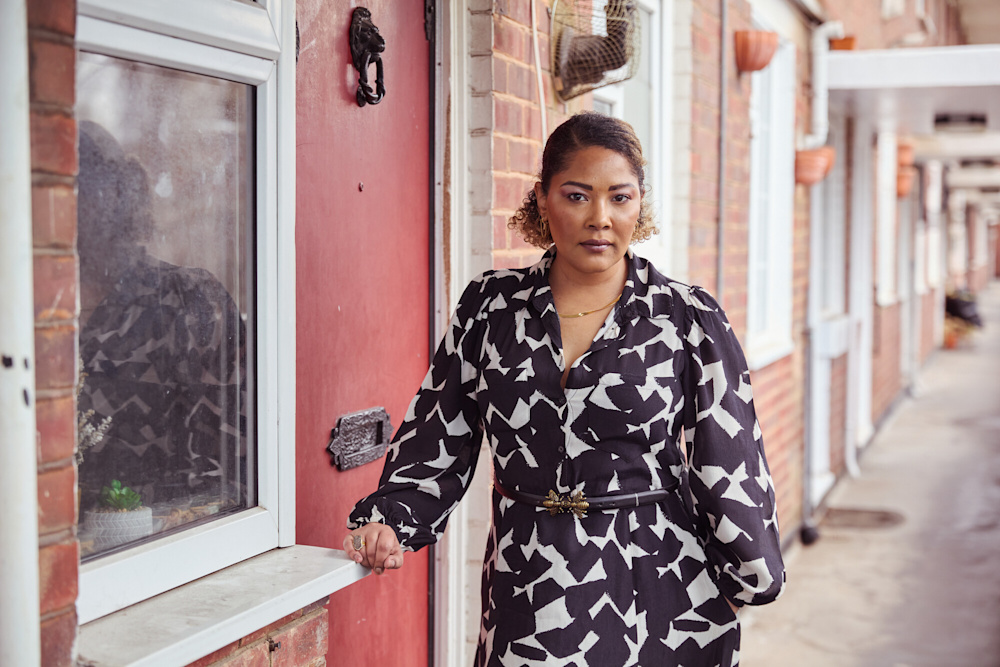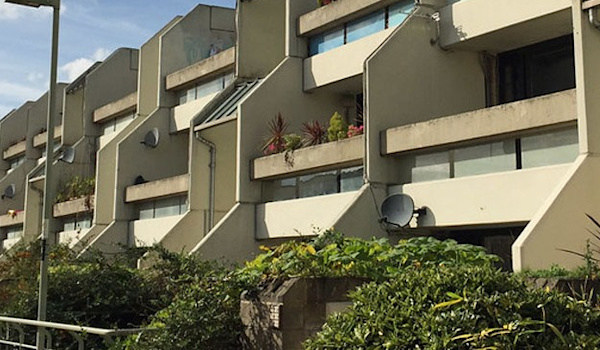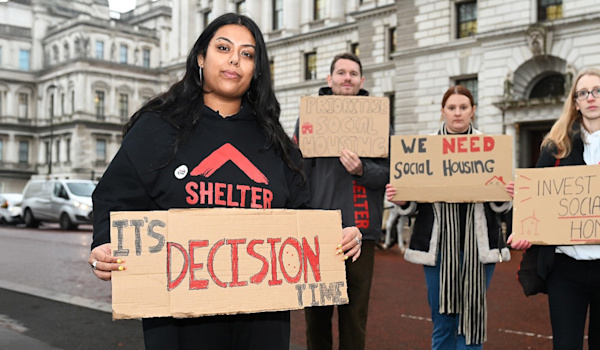The value of social housing
Social housing provides communities with the foundation needed to thrive. If you agree, support our call to build a new generation of social rent homes.
By social housing we mean social rent homes, and we need at least 90,000 social rent homes delivered every year in England, for 10 years. This could:
end homelessness
house most people on waiting lists
improve health and education outcomes saving our NHS money
improve children’s life chances
boost jobs and employment
save the taxpayer money
It creates security and stability
Social housing provides a stable home that people can stay in for the long term. Because rents are tied to local incomes, social rents are much more affordable. Tenancies are more secure than in the private rented sector and tenants are not forced to move at the whim of a private landlord.
830,000 private renters are forced to move every year, including many who are served a section 21 'no-fault' eviction notice.
The foundation that social housing provides enables children to grow and flourish at school, and adults to take advantage of career opportunities. A safe and secure home can help people get ahead in life and can improve their chances.
As well as this, people living in stable, secure homes are more likely to find and keep jobs – and in these jobs, they are more likely to be productive.
70% of social renters are in employment, full-time education or are retired
The construction of 90,000 social rented homes would directly support nearly 140,000 jobs in the first year
‘’You need to have a stable base to be of good mental health, good physical health, a good working life, be at work properly. To do anything in life, you need to have stability, somewhere to root yourself, somewhere to come home to, somewhere to wake up stable, get someone to sleep properly.
And I've not had that. Now that I have that, I can start trying to build myself again, put myself together again.’’
- Sireena, who lives in social housing

It creates community, productivity and boosts the economy
The affordability, security and stability of social housing enable people to put down roots and build their lives. It lets people live near where their children go to school. It promotes happy and productive lives.
Building 90,000 social rent homes could save the NHS £5.2bn over 30 years
It could also generate £2.7bn in savings from fewer disruptions to education
This has huge social and economic benefits; people can stay close to where they work and grew up. With this grounding, tenants can get to know their neighbours and become anchored within their community.
‘’Growing up in a stable home I felt secure, I was part of the community I was living in.’’
- Chris, who grew up in social housing
Social homes aren’t just good for individuals, they’re good for the whole country
A new generation of social rent homes could add £51.2bn to the economy over 30 years and would pay for itself in 3 years. Today, more working people cover the cost of skyrocketing private rents by claiming housing benefit. For every homeless household moved out of expensive temporary accommodation into social housing, the benefits bill would be significantly reduced, saving the taxpayer money.
By building social homes and giving families security, we would save 4.5bn in housing benefit and 3.3bn in Universal Credit.
Ground-breaking research project into the impact of moving into a social home
We now want to delve deeper and understand the full benefits of social homes, beyond their affordability and economic advantages. That's why we have launched a new ground-breaking research project, funded by IKEA as part of our long-term partnership with them.
The Housing Associations’ Charitable Trust (HACT) will deliver the work on our behalf and the project will:
run over two years as a longitudinal study
track the experiences of people who have recently moved into social homes
help us to explore in detail the impact that social housing has on people's health and wellbeing, as well as on children's lives
focus on social rent houses specifically, rather than including wider definitions of social housing
If you’d like to receive updates on the latest findings from our research project, please complete this form.
We have seen a major loss of social rent homes over the decades
At the start of the 1980s, nearly 1 in 3 households lived in social homes. Today, social housing has lost its universal status as a home for everyone, becoming an overstretched ambulance service and relying on ageing infrastructure.
What’s more, social housing has been deliberately vilified by some politicians and media outlets. The choice to undermine the building of social homes - through lack of investment and deregulation - has fuelled the stigma and negative stereotypes that some people believe today.
Did you know?
Private rented homes are three times as likely to contain a serious hazard than social homes.
Let's build social housing
Our report Brick by Brick: A Plan to Deliver the Social Homes We Need, focuses on how the government can:
increase social rent delivery including through councils and housing associations, as well as the conversion of long-term empty homes
unlock a higher delivery of social rent homes through the planning system
demonstrate how land reforms can secure additional social rent homes and speed up delivery
This country needs a new generation of social rent homes.
Join the campaignTake further action
Share your story
We think it's time society valued social housing again and your personal stories help us show that value and make the government listen.
Help fund our campaigns
Our campaigning activity is powered by your generous donations and we can't do it without you. Give today to boost our chance of success.
More about social housing

What is social housing?

The story of social housing


